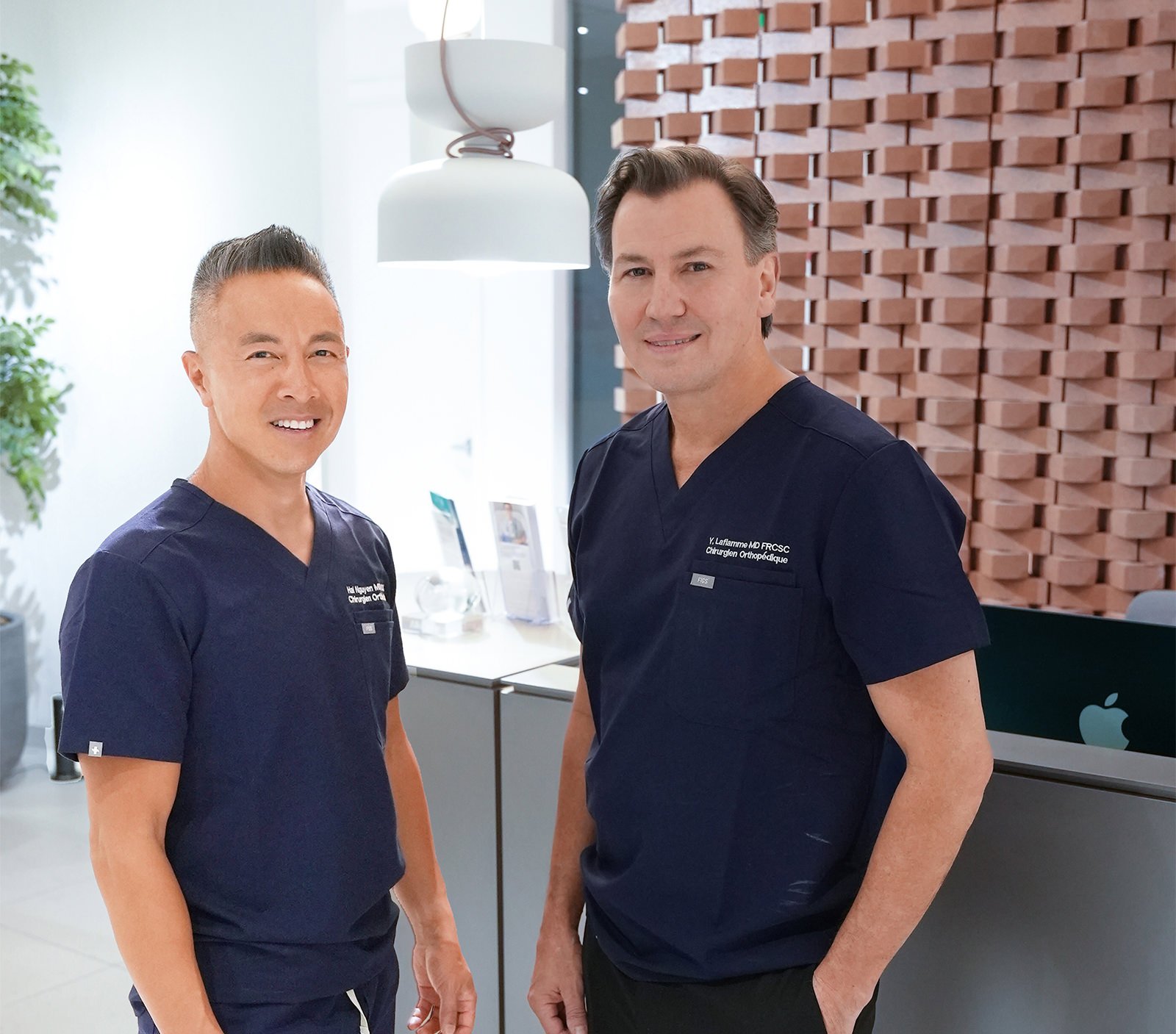FREQUENTLY ASKED QUESTIONS (FAQ)
We understand that undergoing major surgery often brings questions and uncertainties. To support you, we’ve compiled a comprehensive list of frequently asked questions to address the most common concerns you may have.
Feel free to explore this resource to find the answers you’re looking for. If you don’t find what you need, don’t hesitate to reach out to our team for assistance. Your health and well-being are our top priorities, and we’re here to support you every step of the way.

